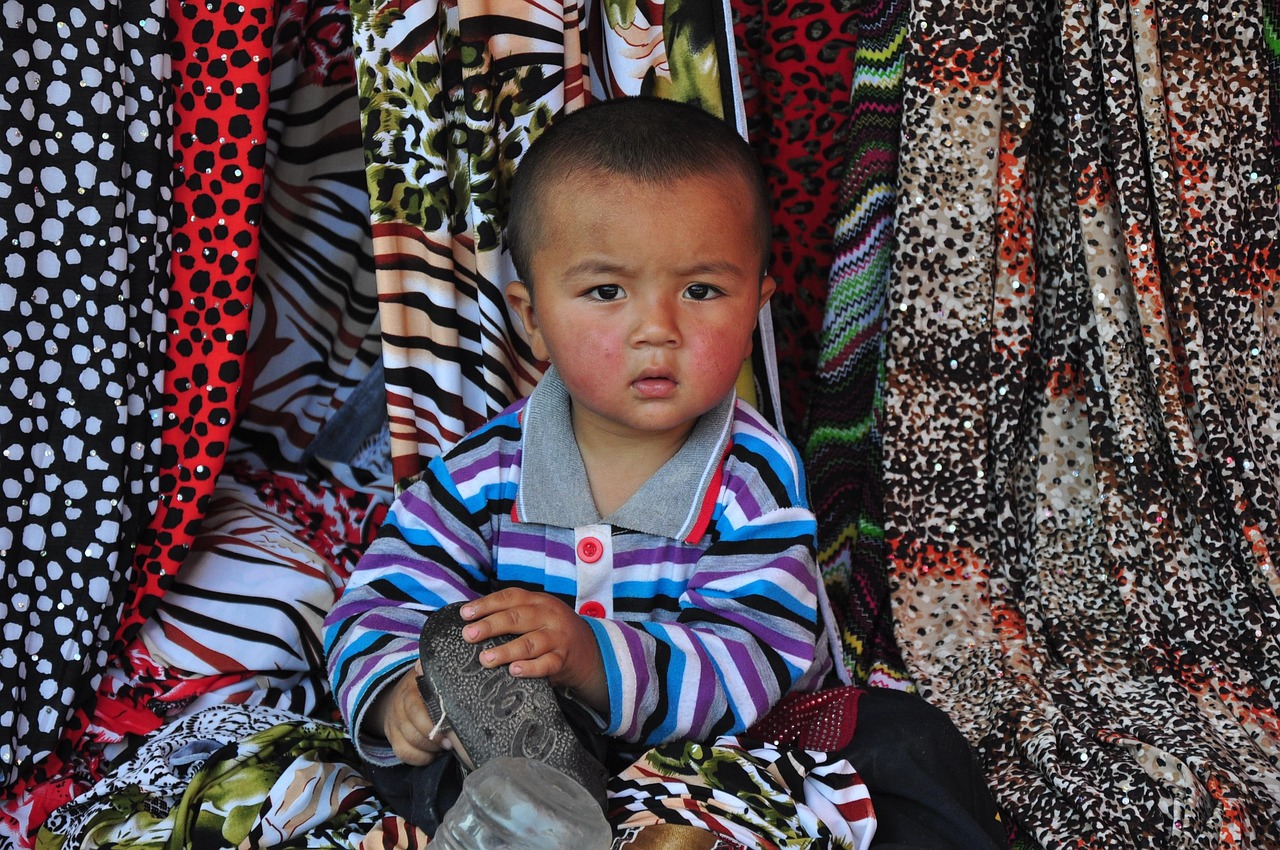After decades of systemic repression in their homeland of East Turkistan (known as Xinjiang), many Uyghurs have risked everything to escape the grip of Chinese state control. Since the Chinese Communist Party (CCP) annexed the region in 1949, the Uyghur people have endured mass surveillance, religious restrictions, forced assimilation, and arbitrary detention. With limited legal options to leave China, some Uyghurs have fled through perilous overland routes—often ending up in Southeast Asia where Thailand became a temporary haven for many, but it has also become the site of one of the most disturbing chapters in the Uyghur refugee crisis.
In March 2014, Thai authorities detained around 220 Uyghur men, women, and children for illegal entry. Despite their status as asylum seekers fleeing persecution, they were imprisoned in immigration detention centers under appalling conditions. During their detention, at least five Uyghurs died—including a newborn and a toddler suffering from Tuberculosis.
In July 2015, ignoring global pleas and credible fears of persecution, Thai authorities forcibly deported 109 Uyghurs to China on a special flight. Chinese state media labeled them as separatists, while rights groups decried the deportation as a clear breach of international law.
In the following years, Türkiye successfully secured the resettlement of 173 Uyghurs—mostly women and children—but others remained behind bars in Thailand. As of early 2025, 48 Uyghur men remained in detention, many held without charge for over a decade.
On February 27, 2025, despite mounting international pressure, Thailand forcibly deported another group of 40 Uyghur men. Eyewitnesses reported prison vans and covered trucks escorted by police, with the detainees placed on China Southern Airlines flight CZ5246, which landed in Kashgar, a city in East Turkistan.
Prior to the February deportation, 48 Uyghur detainees sent a plea to the international community warning:
“We could be imprisoned, and we might even lose our lives… We urgently appeal to all international organizations and countries concerned with human rights to intervene immediately.”
Two men had filed asylum applications with the UNHCR but were denied access by Thai authorities. In protest, the detainees launched a hunger strike. Despite resettlement offers from countries like the U.S., Canada, and Australia, Thailand proceeded with deportation, reportedly influenced by pressure from Beijing and a desire to commemorate the 50th anniversary of diplomatic relations between the two nations.
China’s Xinhua News Agency claimed the deportation was part of a joint anti-crime operation and posted heavily curated footage of one Uyghur man being greeted by family members. The fate of the remaining deportees remains unknown.
This act has drawn widespread condemnation. UN Human Rights Chief Volker Türk labeled the deportation a “clear violation of international human rights laws and standards.” The U.S. Department of State, Canada’s Foreign Ministry, the European Parliament, and multiple human rights organizations—including Human Rights Watch and Amnesty International—denounced Thailand’s actions and called for an end to forced deportations.
Legally, Thailand’s deportation of Uyghur refugees to China constitutes a violation of several key international legal principles, such as the Principle of Non-Refoulement, Enshrined in the 1951 Refugee Convention and the UN Convention Against Torture, this principle prohibits the return of individuals to countries where they face threats of torture, persecution, or inhumane treatment. Deporting Uyghurs to China, where arbitrary detention, torture, and forced assimilation have been documented, breaches this principle. There is also a violation of the Universal Declaration of Human Rights‘s article 14 which guarantees the right to seek asylum from persecution. Thailand’s decision to block UNHCR access to detainees and deny asylum procedures directly undermines this right. Also, there is the Prohibition of Arbitrary Detention, which is the act of holding individuals for over a decade without trial or legal resolution contravenes international human rights norms and treaties to which Thailand is a signatory.
As of April 2025, three Uyghur men who were detained in Thailand holding Kyrgyzstan passports had been resettled in Canada following a successful intervention by UNHCR officials. Their release highlights what might have been possible for the rest of the detainees had due process and refugee protections been followed. However unfortunately, the fate of the deported 48 Uyghur men remains shrouded in silence. Except for a few media-staged reunions, there is no confirmed information about the rest, raising grave fears of imprisonment or worse.
The forced deportation of Uyghurs from Thailand to China is not just a humanitarian tragedy, it is a violation of international law and an indictment of global inaction. In a world that claims to uphold human rights, such actions must not be allowed to continue. Governments, international bodies, and civil society organizations must hold accountable those who facilitate these abuses. Above all, we must ensure that no more Uyghur lives are lost or shattered because they sought freedom from persecution.
Below you can explore the interactive Map
